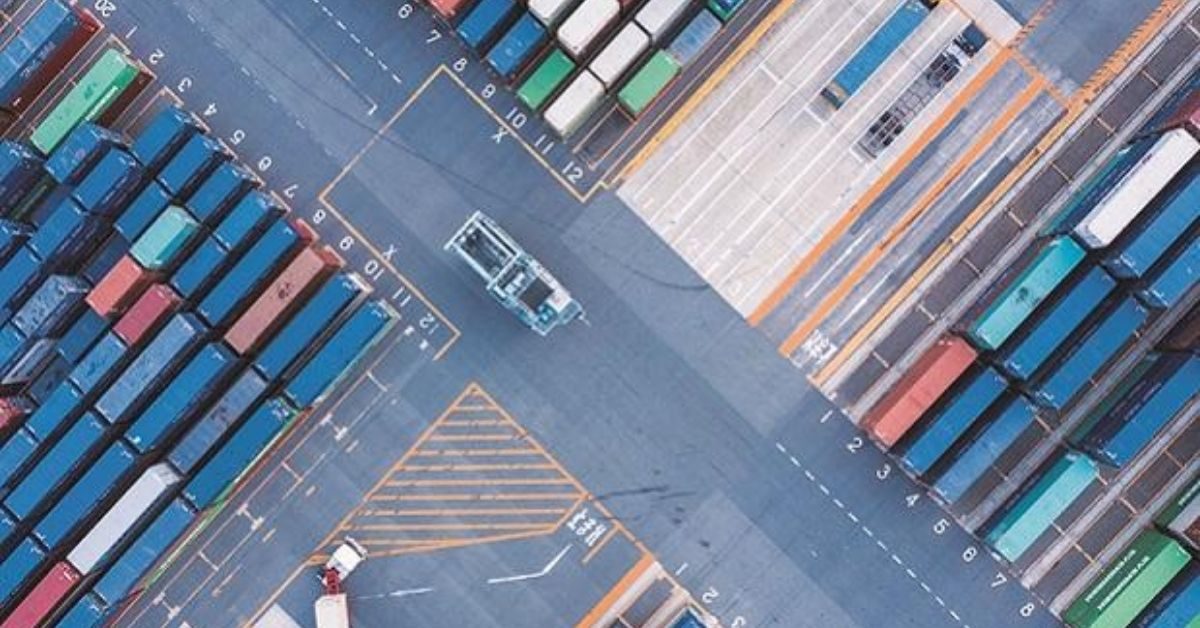The warehousing and logistics sector in India is experiencing an explosion in demand and supply. Some of the biggest global players in infrastructure development and private equity investments are jostling to gain and consolidate their presence in key economic clusters by establishing industrial parks and logistics hubs across the country.
Last year recorded industrial and warehousing lease transactions increased by eight per cent on the previous year to touch a record 39 million square feet across eight major cities in the country, according to property consultant CBRE South Asia. The total supply of industrial and logistics space also touched a record peak of 36 msf.
Year 2023 also recorded private equity inflows more than doubling into the segment to around $900 million, the second highest after the office segment.
Some of the biggest deals in the sector last year were Blackstone buying some assets of TransIndia Real Estate for $79 million, Morgan Stanley investing $36 million in Prakhyat Group’s warehousing project near Mumbai, and IndoSpace buying an eight lakh square feet Amazon fulfilment centre in Hyderabad from the GMR group for $23 million.
Global, domestic players
US-based private equity giant Blackstone, Asia Pacific’s largest real estate asset manager ESR group, Singapore-based CapitaLand are some of the global names that are investing in setting up and developing integrated industrial and logistics parks.
There are domestic companies too such as Everstone-backed IndoSpace, Mumbai-based Lodha group and the TVS group in the south that already own millions of square feet in warehousing space and are investing billions of dollars to set up integrated parks that serve as manufacturing, storage and distribution centres.
Blackstone’s Horizon Industrial Parks owns 17 industrial and logistics parks in eight cities, spread across 1,000 acres, with a development potential of 25 msf. The PE giant, a significant investor in India’s commercial real estate sector, sees the warehousing and logistics segment in India as a major growth engine.
ESR India, a joint venture between the ESR group and Allianz Real Estate, has parks in 10 cities and 21 ongoing projects with a total gross floor area of 22 msf. ESR group has another JV with Singapore’s sovereign wealth fund GIC to acquire income producing industrial and logistics assets in India. Last October, it acquired 58 acres land in Nagpur to set up a logistics park of 1.4 msf leasable area. In 2022, it signed an MoU with Karnataka to invest ₹2,500 in industrial parks among other infrastructure.
Among the domestic players and the largest in the segment, IndoSpace has a portfolio of 51 parks with 58 msf in 11 cities. In the recently concluded World Economic Forum in Davos, it signed an agreement with the Maharashtra government to invest ₹700 crore in expanding its facilities in the State.
Macrotech Developers (Lodha group) has partnered with Ivanhoé Cambridge and Bain Capital to develop Lodha Industrial and Logistics Park, investing around $1 billion to set up 30 msf of assets. This venture acquired an 8-acre land parcel in Kurla in Mumbai for an industrial park. At Palava, it has joint ventures with ESR group and Morgan Stanley for such parks.
Demand drivers
The demand for warehousing space is being driven by third party logistics players, who accounted for 45 per cent of the leases.
According to CBRE, the drift towards more structured operational models of industries such as retail, FMCG, and manufacturing is “driving an increased demand for efficient last-mile delivery solutions and warehouse solution providers are actively exploring markets to meet this demand.”
Diverse sectors, including e-commerce, retail, and manufacturing, are outsourcing their supply chain operations to 3PL firms to meet storage requirements, increase flexibility, and reduce costs.
A significant portion of the occupiers are domestic companies with engineering and manufacturing companies accounting for 17 per cent of leases—an increase from 15 per cent in 2022 and 10 per cent in 2021.
Government initiatives such as Multi Modal Logistics Parks, electric mobility and giga factories and rise of quick commerce will be growth drivers for warehouses in the near and medium term.
Consolidation in the sector is also on the cards and this will lead to institutionalisation, Colliers pointed out, paving the way for new technologies and REITs.







